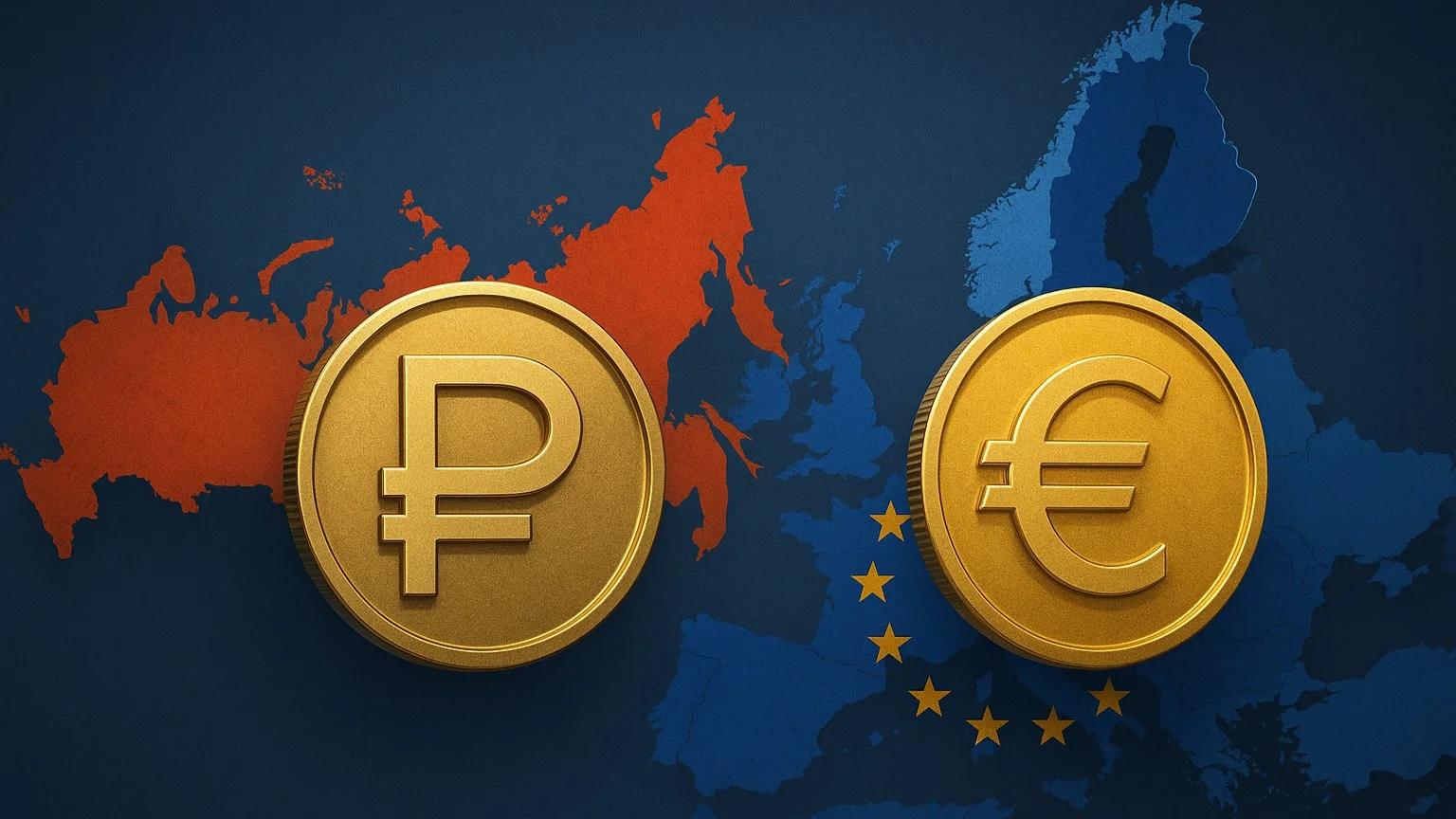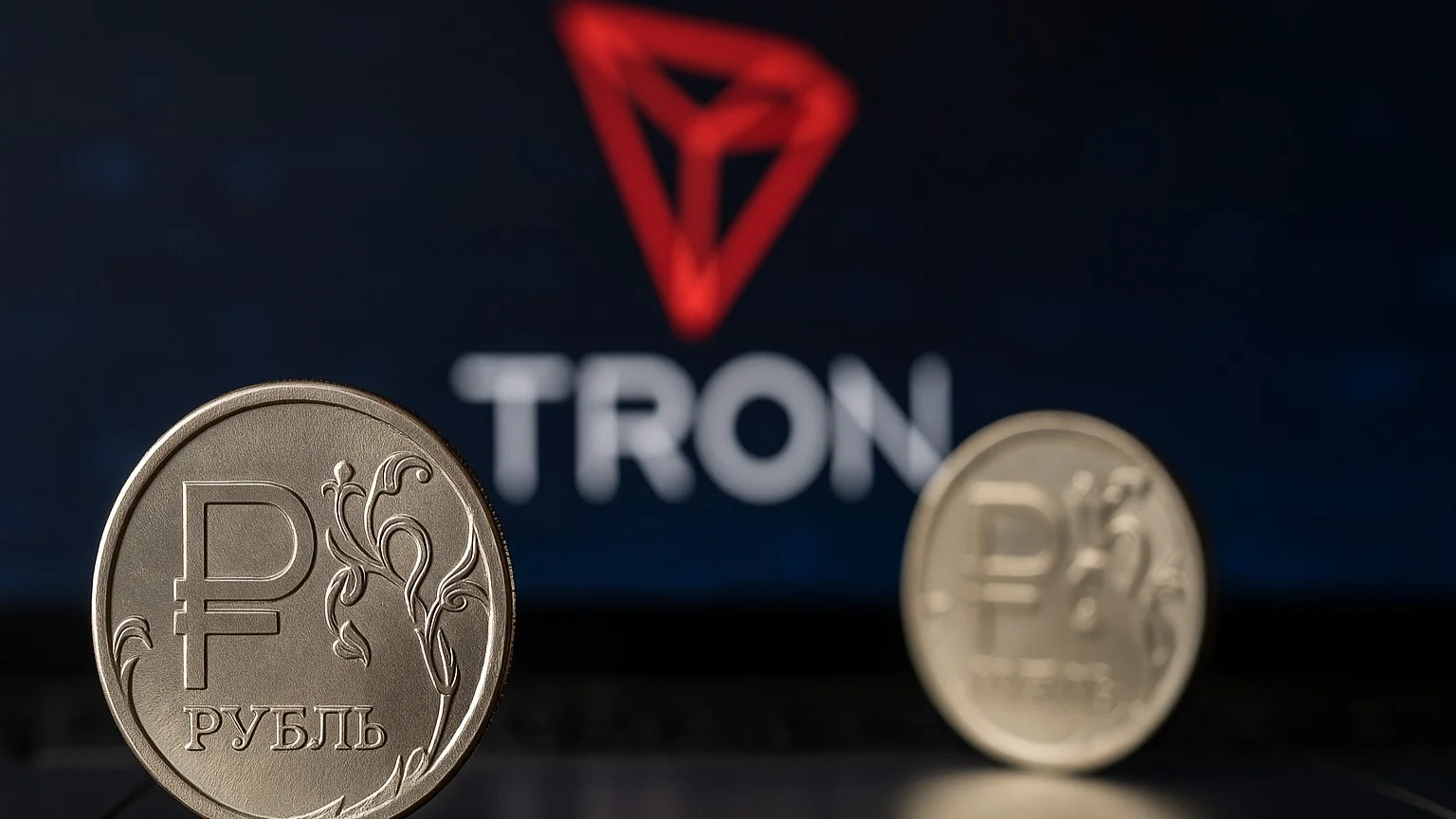The attention was drawn to the European market recently when German-based financial giants launched a euro-backed stablecoin. Now, a similar step has come from Russia. Rostec, a defense and technology giant affiliated with the Russian state, is preparing to launch a new cryptocurrency indexed to the ruble, RUBx.
Rostec is developing a stablecoin called RUBX
The stablecoin called RUBx, developed by Rostec, is aimed to be available by the end of the year. Each RUBx will be pegged to a Russian ruble and the value collateral will be provided directly from rubles held in treasury accounts. The company will issue this stablecoin in accordance with legal regulations, based on “real rubles”. The project will be built on the TRON blockchain and transparency will be ensured by publishing smart contract codes on GitHub. In terms of security, it was announced that independent auditing service will be received from the blockchain auditing firm CertiK.
RT-Pay, the payment infrastructure that will work integrated with RUBx, will be directly connected to Russia’s banking system. Thus, both individuals and companies will be able to transfer money 24/7, including evening hours or holidays. At the same time, advanced DeFi (Decentralized Finance) transactions such as locking funds via smart contracts will be supported. Rostec stated that RT-Pay is fully compliant with regulations such as anti-money laundering and countering the financing of terrorism, and meets the requirements of the Central Bank of Russia.
It is stated that the project will be implemented in stages and will initially focus on sectors that have difficulties in payment transactions. According to information provided by Dmitry Shumayev, one of Rostec officials, the area of use will be further expanded in the future.
The stablecoin studies indexed to the ruble also overlap with the digital ruble pilot application launched by the Central Bank of Russia last year. While the country's largest bank Sberbank and the Moscow Exchange already offer Bitcoin-related investment products, the Central Bank also gave the green light to offer crypto-asset-related financial instruments to qualified investors.
On the other hand, recently, AllUnity, a joint venture between Germany-based Deutsche Bank and asset management company DWS, received official approval from BaFin to launch a euro-backed stablecoin called EURAU. Fully compliant with MiCA regulations, EURAU stands out as one of the first examples in Europe that complies with the regulations. The project, carried out with the strategic support of Galaxy Digital, was developed specifically for use in corporate finance, fintech solutions and corporate treasuries.

As a result, stablecoin-based digital payment solutions are rapidly spreading both in Europe and the Eurasian region. The development of cryptocurrency-based solutions for the ruble after the euro indicates that a new era has begun in the stablecoin race.




